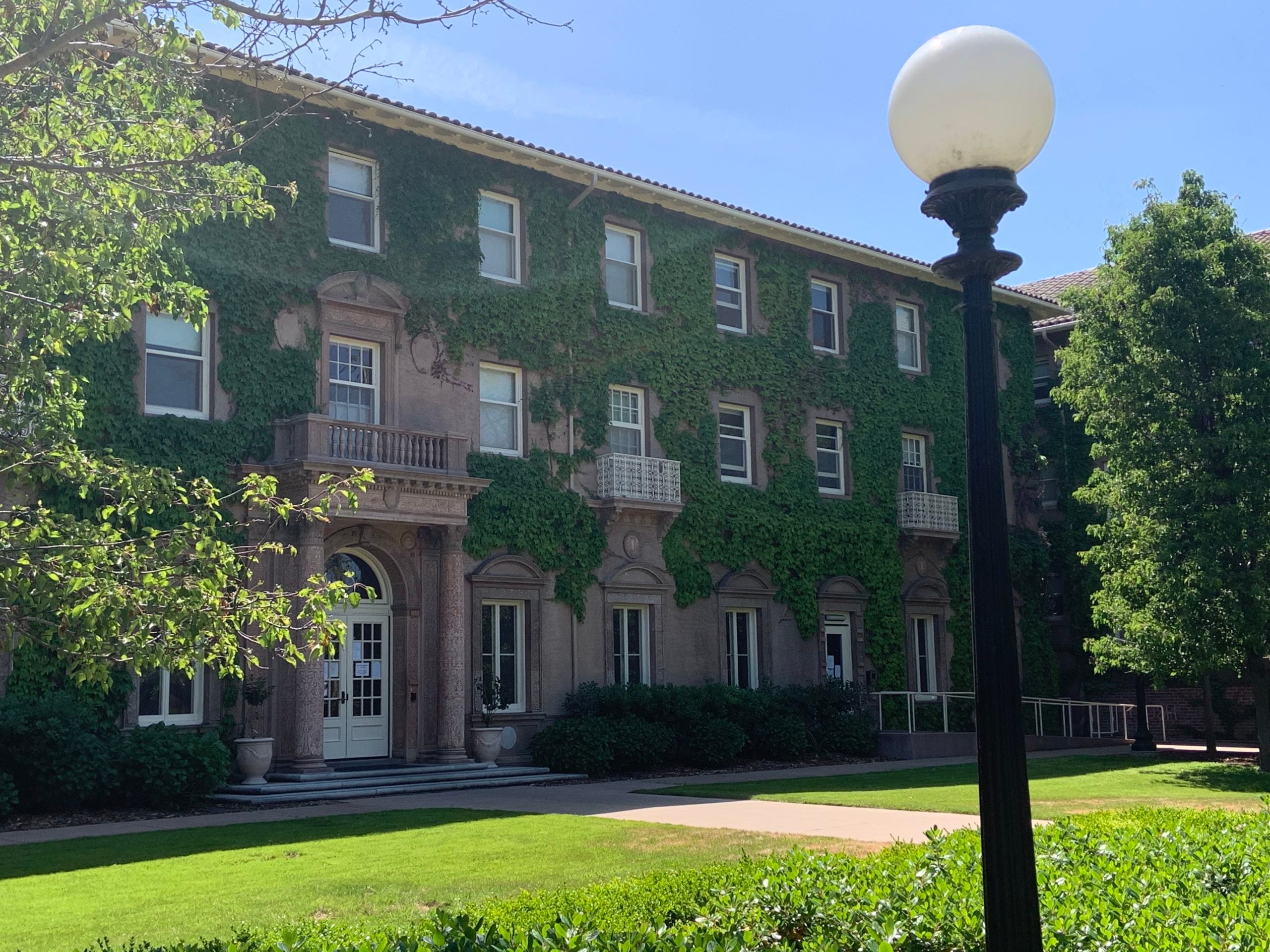On Tuesday, the dean of students emailed those currently living on campus to inform them of Stanford’s summer housing plans. This was an announcement students were anxiously awaiting after much stalling from the administration, but it was also one that thoroughly disappoints.
To start, the policy does not address the uniqueness of hardships students are facing under COVID-19. Stanford wants to charge the same fees for housing and food as it would any other summer. The standard rate for eight weeks of housing is $2,773, and the standard rate for 10 weeks is $3,455. This does not include the meal plan, which is typically priced at $1,900. In addition, there is an $800 to $900 summer-autumn interim housing fee. A conservative estimate of housing and boarding is hence $4,673 for eight weeks, $5,355 for 10 weeks and $6,155 for the entire summer. Usually, summer housing fees make sense because students can supplement them via research grants and internships or receive financial aid as they make up for a missed quarter. However, those who need summer housing this year do not fit into the typical mold.
A plethora of reasons may leave students no choice but to shelter in place on campus. For many international students like myself, returning home is impossible. Flights on most routes are canceled, and countries are enforcing travel bans that are continuously extended for longer time horizons. My country, Bangladesh, has a complete travel ban from all destinations except China. For the few flights that remain available, their sticker price is a mockery of the struggles faced by first-generation and/or low-income (FLI) students.
International students also fear the possibility of the United States shutting its borders for extended periods of time as New Zealand, Norway, India and other countries have already done. Since the United States has already closed its borders for foreigners, international students who leave the country may not be able to join for in-person classes. The discontinuity in their enrollment at an accredited U.S. academic institution might cause irrevocable damage to international students. For those without a permanent roof over their heads, being on the streets during a pandemic is a nightmare. For those with weakened immunity, the risk of contracting COVID-19 while on a flight is not trivial.
The financial aid promised is tokenistic. Students are allowed to apply for financial aid only if they attend classes at least as a half-time student. But the core motivation for many students to remain on campus is not to take classes, but rather because they have no other options. It is deeply unfair to compel students in need of emergency housing to pay for an online quarter when those without the need can avoid doing so.
Second, class selections are extremely limited during the summer, meaning that even if a student wants to work toward their degree, they may not be able to do so. Because Stanford only guarantees financial aid for 12 quarters of a student’s undergraduate degree, students may lag behind and would be forced to pay an extra quarter out of pocket — hurting FLI students who simply can’t afford it. To address this, some universities like Vanderbilt have given international students who cannot return home a one-time grant that is proportionate to their current financial aid for summer classes. Unlike Stanford, they are exempting this summer semester from the maximum number of aid-eligible semesters.
We must not let Stanford hide behind any excuses for making summer housing unaffordable when many other universities are letting students shelter in place on their campuses affordably. Harvard is allowing those on campus with demonstrated need to stay for the whole summer for only $200. MIT is offering free housing and meals. Duke is offering free housing and partial compensation for lost summer earnings to those with substantial financial aid. Based on internal email communications between students and their universities, Williams College, Sweet Briar College, Hobart and William Smith College and Bennington College are some of the colleges that are providing summer housing for free. The University of Rochester has adjusted summer fees at 30%, 60% or 95% discounts based on current financial aid. Minerva and Luther College are charging students on a nightly basis to accommodate for sudden shifts in student plans, with Luther charging just $9 a night. Compare Stanford’s policy to these institutions’ policies. Though it has a $27.7 billion dollar endowment (as of October 2019), it is charging students nearly $6,000 for summer housing and meals in times of such financial uncertainty.
For an institution with the capacity and the responsibility to protect its most vulnerable, it is upsetting to see the University side-step that responsibility. Its balance sheet adjustments will cause sleepless nights and endless anxiety for those of us who cannot afford to go back home. I hope that, as with many of its past policies, Stanford will change its stance on this issue. Students do not need virtual llamas and Minecraft petting zoos. We need affordable housing. Surely, asking for a roof and some walls from a place that pretends to call us family is not too much to ask?
If you agree that Stanford should withdraw all fees for summer housing for this summer owing to COVID-19, please, please sign this petition.
A previous version of this article misstated when the email from the dean of students was sent. It was May 12, not May 28. The Daily regrets this error.
Contact Sheikh Srijon at srijon ‘at’ stanford.edu.
The Daily is committed to publishing a diversity of op-eds and letters to the editor. We’d love to hear your thoughts. Email letters to the editor to [email protected] and op-ed submissions to [email protected].
Follow The Daily on Facebook, Twitter and Instagram.
